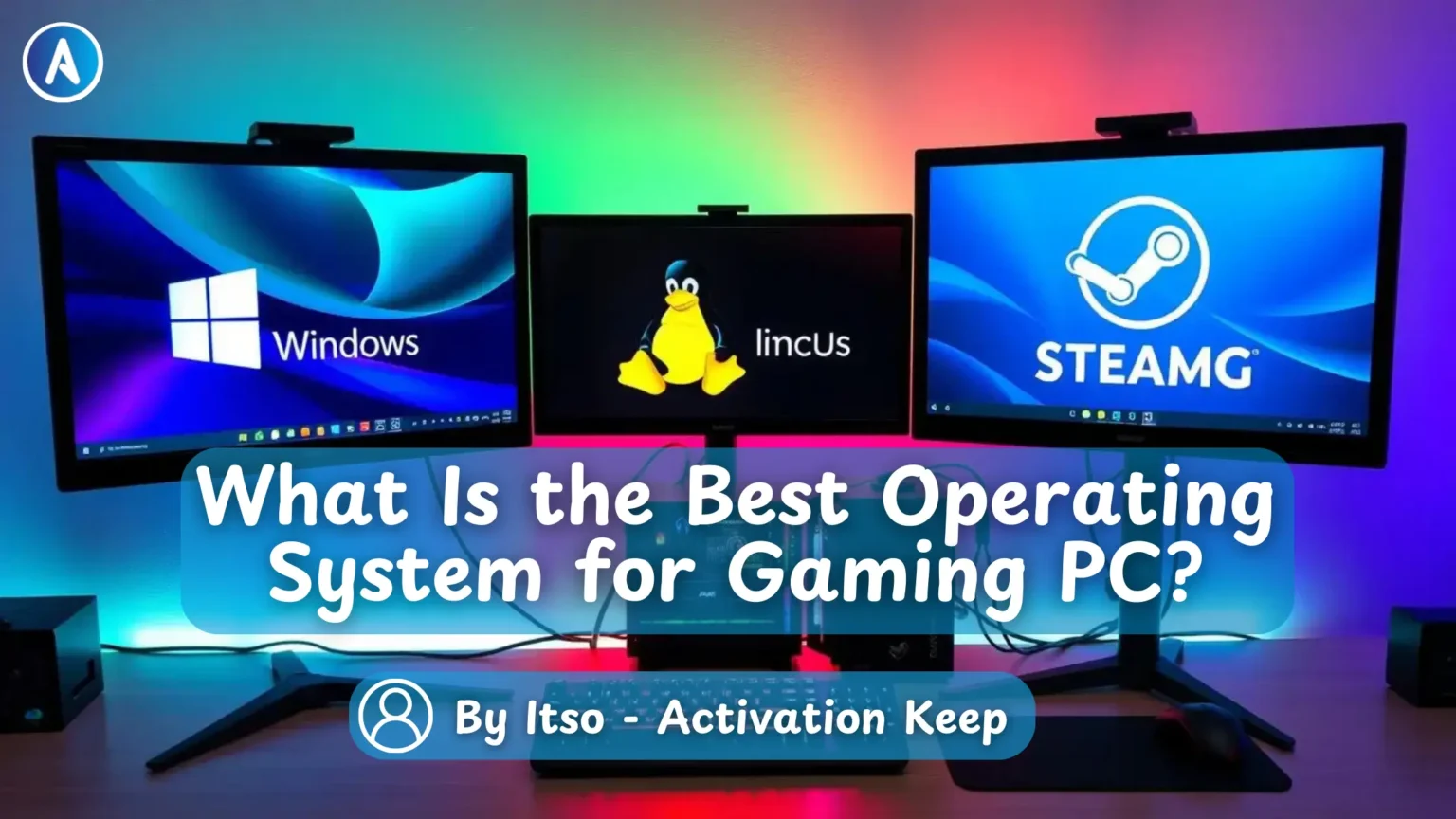
Your operating system serves as the foundation of your gaming experience, acting as the intermediary between your hardware and games. It determines which titles you can play, how well they perform, and what features you can access. The right OS can maximize your hardware’s potential, while the wrong choice might leave performance on the table or limit your game library.
Key factors to consider when choosing a gaming OS include:

While Windows 10 has been the gold standard for PC gaming for years, Windows 11 brings several gaming-focused improvements. Both versions offer excellent compatibility, but there are some key differences to consider:
| Feature | Windows 10 | Windows 11 |
| DirectX Support | DirectX 12 | DirectX 12 Ultimate |
| Auto HDR | No | Yes |
| DirectStorage | Limited Support | Full Support |
| Android App Support | No | Yes |
| System Requirements | Lower | Higher (TPM 2.0, newer CPU) |
Experience the most compatible gaming platform with access to virtually every PC game available.

Not all Linux distributions are created equal when it comes to gaming. Some are specifically optimized for gamers with pre-configured drivers and gaming tools:

Developed by System76, Pop!_OS comes with pre-installed NVIDIA or AMD drivers and a gaming-optimized kernel. Its clean interface and excellent hardware support make it ideal for gaming.
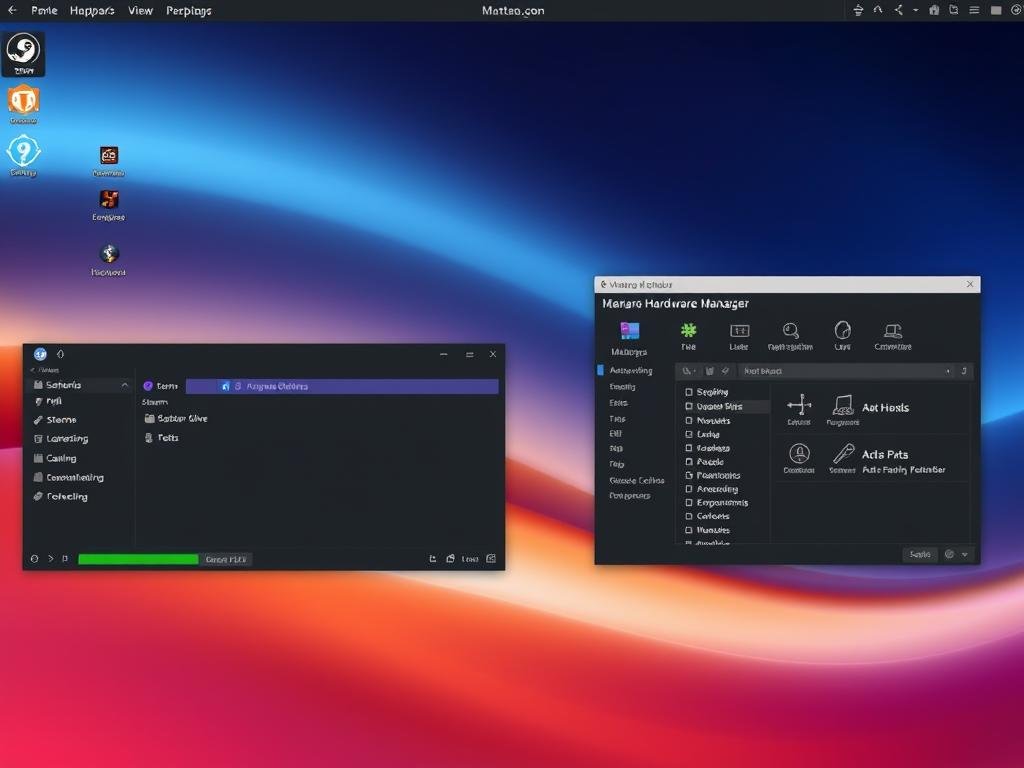
Based on Arch Linux but more user-friendly, Manjaro provides rolling releases with the latest drivers and gaming software, plus easy access to the AUR repository.
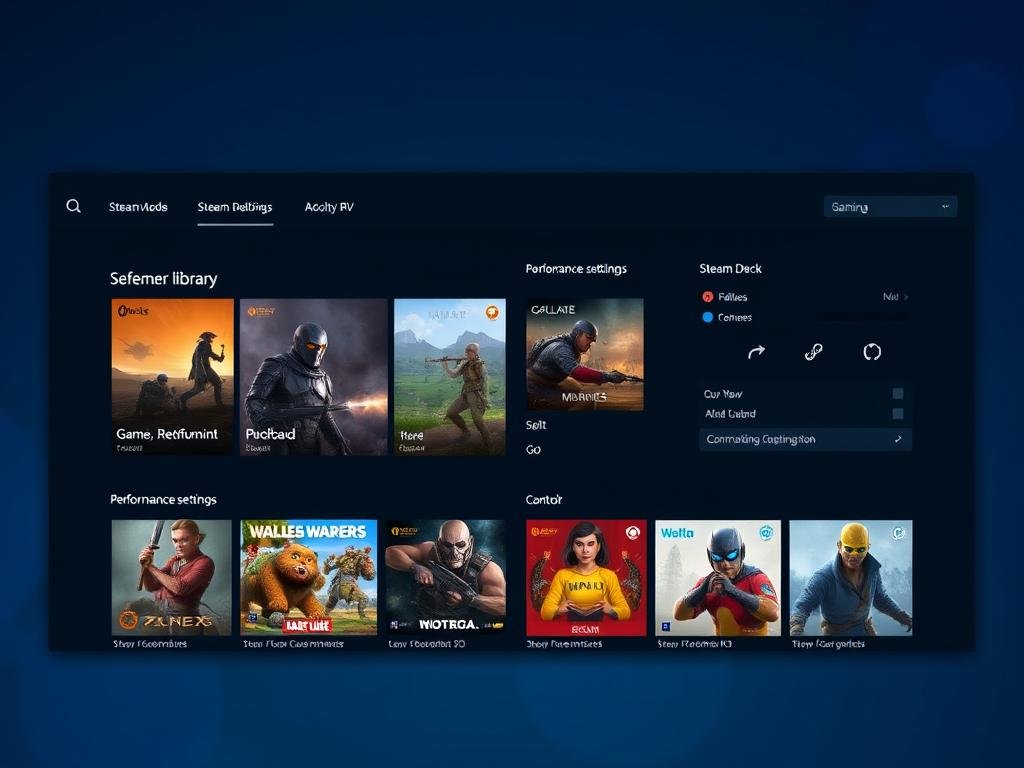
Valve’s own Linux distribution powers the Steam Deck. SteamOS 3.0 (Holo) offers a console-like experience with excellent Proton integration for Windows games.
Valve’s Proton compatibility layer has revolutionized Linux gaming by allowing thousands of Windows-only games to run on Linux systems. Based on Wine but with additional optimizations, Proton translates DirectX calls to Vulkan, enabling games that were never designed for Linux to run with minimal performance impact.
ProtonDB reports that over 80% of the top 1,000 Steam games now run on Linux, with many achieving “Gold” or “Platinum” compatibility status.
Experience the freedom and performance of Linux gaming with these gaming-optimized distributions.
Historically, macOS has not been considered a serious gaming platform, but Apple’s transition to custom Apple Silicon processors has begun to change this perception. The M1, M2, and M3 chips deliver impressive performance that can handle many modern games, though the library remains limited compared to Windows.
Apple’s Game Porting Toolkit (GPTK) represents a significant step forward for macOS gaming. This tool allows developers to test Windows games on macOS and simplifies the porting process. For users, it can also enable some Windows games to run on macOS with decent performance, similar to how Proton works on Linux.
“The Game Porting Toolkit uses a translation layer similar to Proton on Linux, converting DirectX calls to Metal API calls. In testing, games like Cyberpunk 2077 and Spider-Man: Remastered were playable at around 30 FPS on high settings on an M1 Pro MacBook.”
Apple Arcade offers a subscription service with over 200 games optimized for macOS, iOS, and tvOS, though these tend to be more casual titles rather than AAA games.
If you’re already in the Apple ecosystem, discover how to maximize your Mac’s gaming potential.

Beyond the mainstream options, several specialized operating systems are designed specifically for gaming. These are typically modified versions of Windows that remove unnecessary components to improve performance.

A transparent and streamlined modification of Windows designed specifically for gamers. AtlasOS reduces background processes and lowers RAM usage to maximize gaming performance.

A customized version of Windows that focuses on privacy, performance, and removing bloatware. ReviOS terminates telemetry backdoors while maintaining game compatibility.

A stripped-down version of Windows 11 that removes unnecessary features and bloatware to create a lightweight system ideal for gaming on lower-end hardware.
Specialized gaming OS options may have compatibility issues with certain anti-cheat systems or DRM. Always verify that your favorite games are compatible before switching.
Experience potentially higher performance with these gaming-optimized operating systems.

To help you make an informed decision, here’s how the major operating systems compare across key gaming factors:
| Factor | Windows 11 | Linux (Pop!_OS) | macOS | AtlasOS |
| Game Library Size | Excellent (50,000+) | Good (15,000+) | Limited (5,000+) | Excellent (50,000+) |
| DirectX Support | Native (DX12 Ultimate) | Via Proton/DXVK | Via GPTK | Native (DX12 Ultimate) |
| Vulkan Support | Yes | Yes (Native) | Via MoltenVK | Yes |
| System Overhead | Moderate | Low | Moderate | Very Low |
| Anti-Cheat Compatibility | Excellent | Limited | Poor | Good |
| Cost | $139 (Home) | Free | Included with Mac | Free |
| Ease of Use | High | Moderate | High | Moderate |
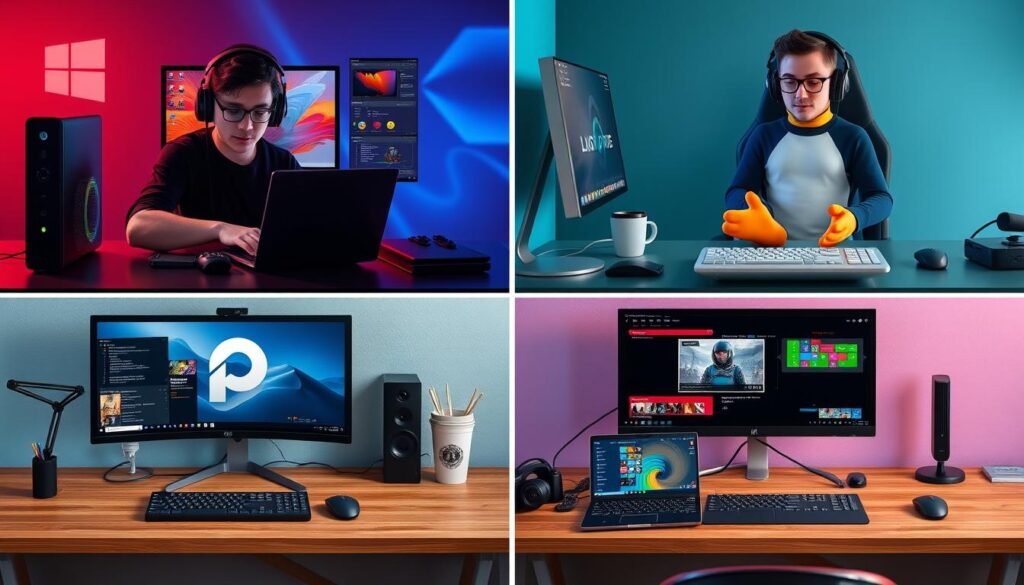
Different gamers have different priorities. Here are our recommendations based on specific gamer profiles:
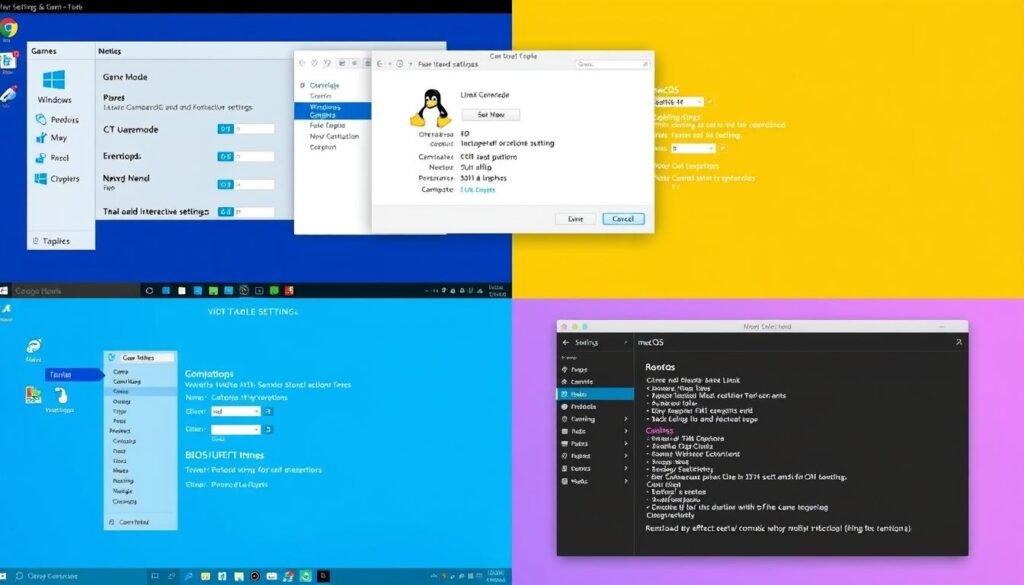
Regardless of which operating system you choose, there are several ways to optimize it for the best gaming experience:
Get specialized tools to maximize your gaming performance on any operating system.

The landscape of gaming operating systems continues to evolve rapidly. Here are some trends to watch:
Services like NVIDIA GeForce Now, Xbox Cloud Gaming, and Amazon Luna are making the local operating system less relevant for gaming. These platforms run games on remote servers, streaming the video to any device with a compatible browser or app. This trend could eventually reduce the importance of your local OS for gaming compatibility.
Tools like Proton for Linux and Apple’s Game Porting Toolkit are breaking down the walls between operating systems. As these technologies improve, we may see more seamless gaming experiences regardless of OS choice.
All major operating systems are incorporating AI features that could enhance gaming. Windows Copilot, Apple Intelligence, and various Linux AI tools could eventually optimize game settings automatically, enhance graphics through upscaling, or provide more immersive gaming experiences.
“The future of gaming may not be tied to any single operating system, but rather to ecosystems that span multiple devices and platforms, unified by cloud services and cross-platform technologies.”
After thorough analysis, Windows remains the best operating system for gaming PCs for most users due to its unmatched game compatibility, driver support, and feature set. Windows 11 offers the most comprehensive gaming experience with DirectX 12 Ultimate, Auto HDR, and DirectStorage support.
However, Linux has made remarkable strides with Proton and is an excellent choice for users who value open-source software, privacy, and customization. For those already invested in the Apple ecosystem, macOS continues to improve as a gaming platform, especially with Apple Silicon Macs.
Specialized gaming operating systems like AtlasOS offer interesting alternatives for performance enthusiasts willing to trade some convenience for better framerates.
Ultimately, the best gaming OS depends on your specific needs, preferences, and the games you want to play. Consider factors like your hardware, game library, budget, and technical comfort level when making your choice.
Choose the operating system that best matches your gaming needs and preferences.
Yes, dual-booting is an excellent solution for gamers who want the best of multiple worlds. You can install Windows alongside Linux or macOS and choose which OS to boot into depending on the games you want to play. This gives you maximum compatibility while still allowing you to use your preferred OS for daily tasks.
Windows 11 includes several gaming-specific improvements over Windows 10, including DirectStorage for faster load times, Auto HDR for better visuals in older games, and a more efficient scheduler for newer CPUs. However, the performance difference in most games is minimal, and some users with older hardware might actually see better performance on Windows 10.
Most specialized gaming OS options are based on legitimate Windows installations with modifications to improve performance. Open-source options like AtlasOS allow users to verify the changes made. However, there is always some risk when using modified operating systems, particularly regarding security updates and potential compatibility issues with anti-cheat systems in online games.
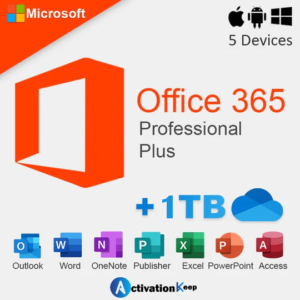
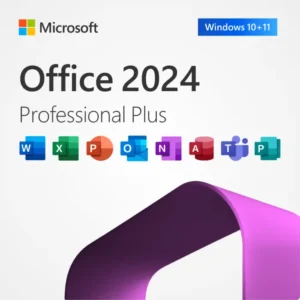
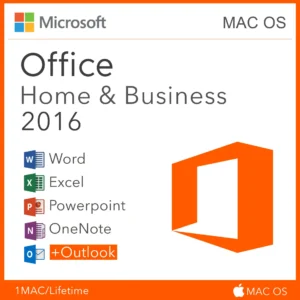

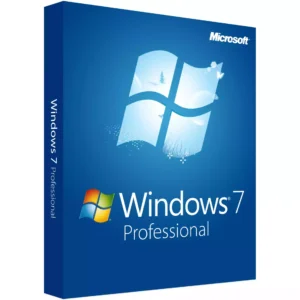
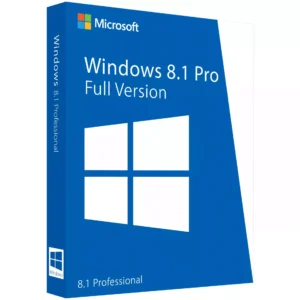
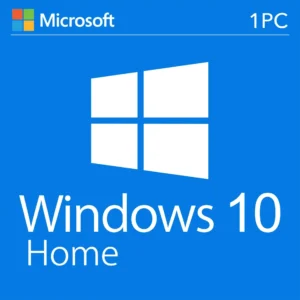
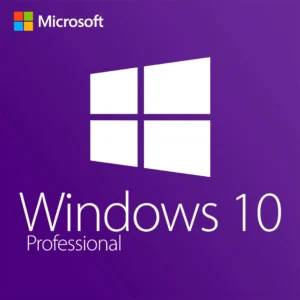

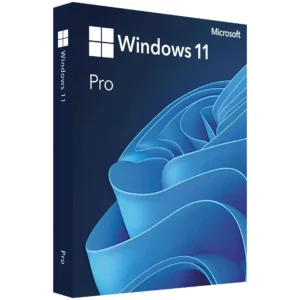
At Activation Keep, we are striving to become the top online store for software, a one-stop shop for digital downloadable products
Activation Keep designed by Activation Keep LTD
© 2024 Activation Keep | Microsoft Certified Partner | Activation Keep LTD | Company N: 14725825 | – All rights reserved
